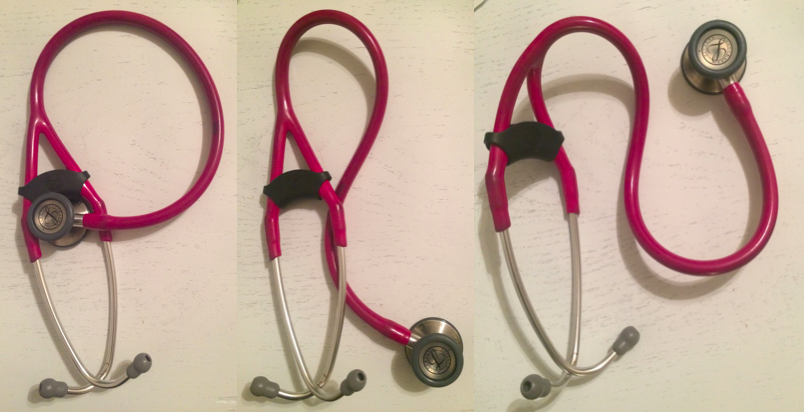A year ago today I worked my last shift as a full time registered nurse in Waco. I resigned so I could move to Cambodia for a few months to teach English and work with a church, which was one of the best decisions I could have made.
When I returned to the States, I decided not to go back to full time nursing, which was also one of the best decisions I’ve made but one that surprised quite a few people around me. Currently, I’m PRN (as needed), and I love it. Here’s what I’ve learned since quitting full time nursing.
PRN
It seems crazy.
It seems crazy to quit a full time nursing job for a variety of reasons: my education is specialized and specific to nursing, nurses make a fair amount of money, and the schedule is, for the most part, convenient and flexible. Plus, nursing school was a lot of work.
At times I feel pressure from others and society in general to work full time. But if I’m being honest, most often the pressure I feel comes from within. “I’m young, healthy and able to work,” I tell myself. “I’m lazy for not working at the hospital more.” When I think these things, I have to walk myself through the steps I took to decide not to work full time. Step one is remembering:
Nursing drains me.
After a long shift a couple weeks ago, I came home and told my roommate that nursing drains me not just physically but also emotionally and even spiritually. Part of this is due to the nature of nursing—the emotional and spiritual components to caring for people—but part is also due to the way nursing plays to some of my greatest weaknesses.
For example, when I’m at work, I’m the point of contact for my patients’ care, and my patients are constantly changing. Being the point person for anything (or anyone) isn’t my natural bent, and neither is investing in short-term relationships with patients. Though these things are easily overcome with a little extra energy and effort, all the “little extra’s” start to add up.
However, since I quit working full time, I’m getting to live out my dream jobs, and that fills me up.
A couple months ago when a coworker asked what my dream job would be, I was excited and surprised to tell her, “I’m living them out now: working with at-risk students and writing." I paused before adding, "Nursing wasn’t ever part of my dream, but it finances what I really want to do.”
I regularly spend time writing and volunteering with students each week, and though they don't pay the bills, these activities are more than rewarding. They help fill me back up, and when I show up at the hospital I have a surplus, not a deficit.
This makes me a better nurse and a better coworker.
When I started back at the hospital after returning from Cambodia, I found the time away had allowed me to recover from burnout. I was less cynical, more compassionate, and could maintain my sense of humor even on poopy days (literal and figurative). I had the energy to help coworkers if they need a hand, which I’m extra glad I could do because I work with some of the best nurses out there! Though I still have rough days at work, I’ve found having a few extra days in between shifts keeps the burnout at bay. When I’m not burned out, I’m closer to being the nurse I want to be, the coworker I want to be, and the person I want to be.
Overall, I’m less stressed working PRN.
I’m less stressed when I’m at work. I like that it’s my choice to sign up for a shift instead of having to show up a certain number of times a week and work certain weekends. It helps me not dread going to work and not blame the workplace if I have a bad day—because I chose to go in that day. Nobody forced me.
I’m also less anxious when I’m not at work. Fewer shifts and more time to do what I love means less stress. I’m learning a season with a slower pace of life is perhaps the healthiest thing for me right now—physically, mentally, emotionally and spiritually.
Because of what I've experienced, I'm redefining success.
I've struggled with guilt over not having a full-time job, and I've questioned my work ethic and my sanity. I've had to decide what success would be to me. Success could be the numbers in my bank account, the letters after my name, the hours on my time card, and the reputation as a hard-working employee. Or it could be who I am and how I am.
It's worth it.
In the eyes of a money-chasing, corporate-ladder-climbing society, my lifestyle makes no sense. But to me? My lifestyle is wildly successful. Life probably won’t always allow me work PRN, but for now, I’m so grateful for the chance to live my dreams.
To me, quitting full time nursing is worth it. It’s worth it to get to follow my passions and serve students. It's worth it to allow myself time and space to reevaluate what career fits my talents and gifts. It’s worth it to be a better nurse and a better coworker. It’s worth it because I’m convinced my choice to quit full time nursing is helping me become the person I was made to be.







